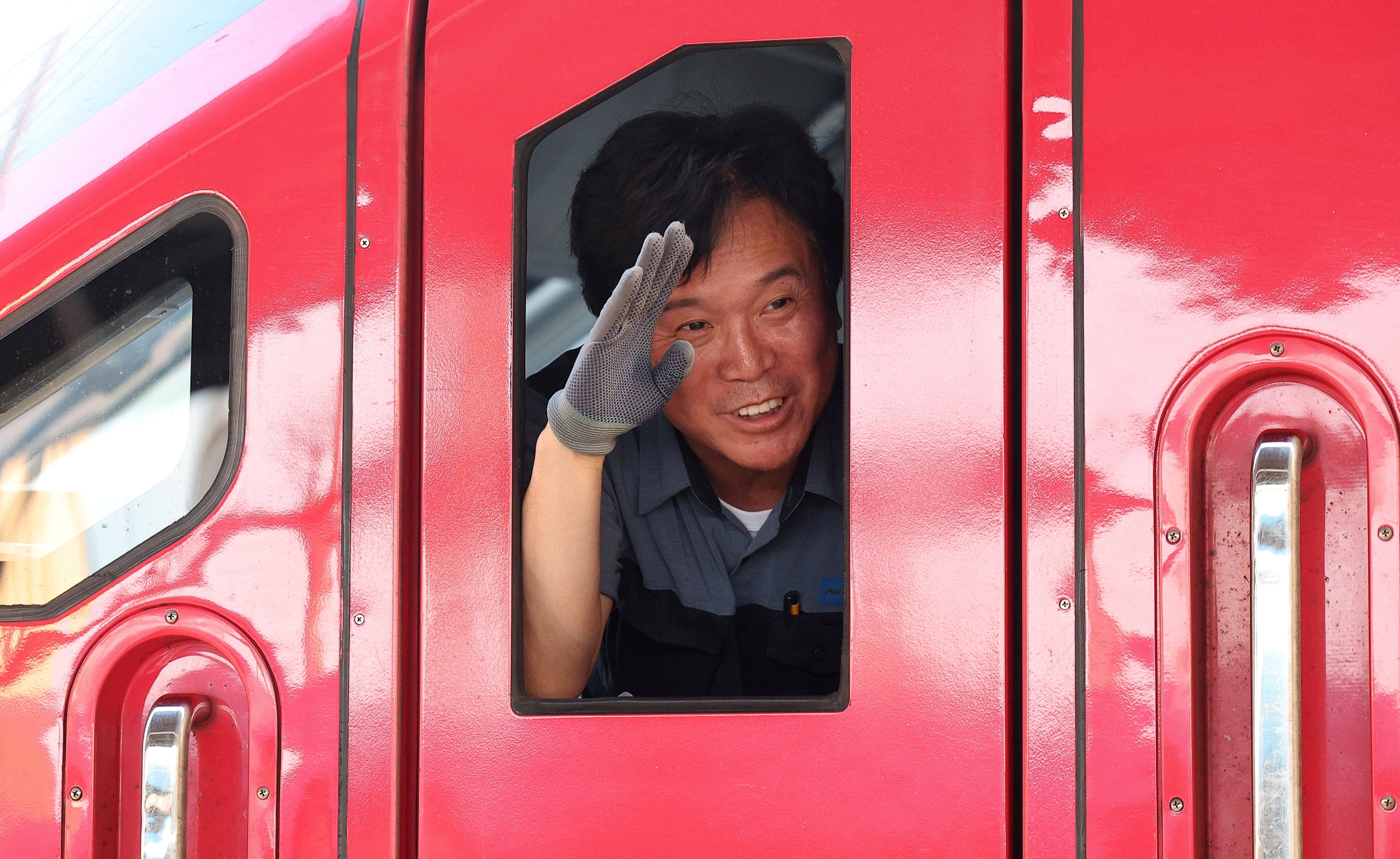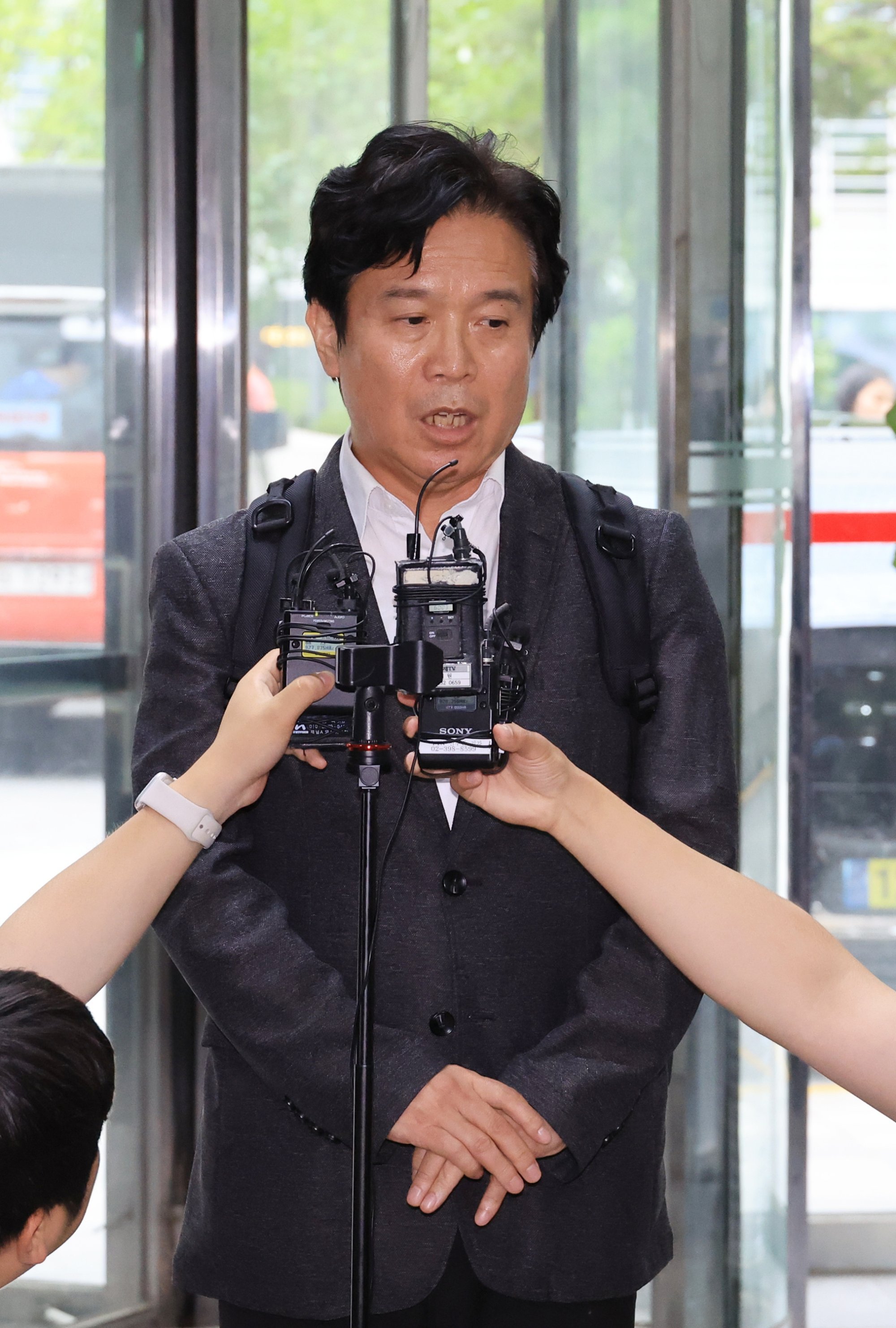South Korea’s next labour minister was driving a train when he got the call
Critics question whether political newcomer Kim Young-hoon will be ‘swayed by bureaucrats’

South Korea is set to appoint a train driver as the first blue-collar worker to lead its employment and labour ministry, as critics have expressed concerns about the role being entangled by influence peddling from politicians and labour unions.
Kim Young-hoon, 57, was in his driver’s seat operating a train between Busan and Gimcheon, southeast of Seoul, when the news broke of President Lee Jae-myung’s cabinet selections on Monday.
With his phone turned off, Kim said he had not learned about the historic nomination until an hour after he completed his shift and stepped off the train, the Korea Herald reported, citing Yonhap News.
Kim has to undergo a confirmation hearing before assuming the role.
Among his responsibilities, Kim is expected to boost the rights of workers by focusing on issues such as industrial accidents, a 4.5-day work week system and legislation that expands the scope of lawful labour disputes, according to Kang Hoon-sik, the chief of staff to the president.
Born in 1968, the Busan resident is a graduate of Dong-A University who later majored in political policy at the Graduate School of NGO Studies at Sungkonghoe University, according to the Chosun Biz.

Kim is expected to bring a decade of labour activism experience to his ministerial role. He led the Korean Confederation of Trade Unions (KCTU) from 2010 to 2012, the country’s largest labour group representing 1.2 million workers.
The KCTU has previously clashed with past administrations through nationwide strikes and sit-ins over labour rights and policy disagreements.
In contrast with Kim’s working profile, previous labour ministers have come from backgrounds such as government and academia.
Lee’s decision has drawn mixed reactions, with some questioning Kim’s blue-collar credentials.
Jang Seong-cheol, a political commentator and a former aide to the conservative People Power Party, questioned whether Kim could manage his administrative duties effectively on a local radio show on Tuesday.
“Managing the administrative affairs in a ministry is a serious responsibility, and there’s a real risk of [Kim] being surrounded and swayed by bureaucrats,” Jang said.
Song Eon-seog, floor leader of the main opposition People Power Party, also criticised Kim’s nomination, warning that it could lead to government policy being influenced by the KCTU’s political agenda.
The Federation of Korean Trade Unions (FKTU), another major labour group in South Korea, has expressed its hope for Kim to pursue dialogue and consensus between workers, management and government.
On Monday, KCTU accused in a statement that the labour ministry had ignored systemic workplace discrimination and failed to represent workers’ voices.
“Lee’s government must abandon the Yoon Suk-yeol administration’s anti-labour policies and pursue a major shift in state affairs to guarantee labour rights,” KCTU said.